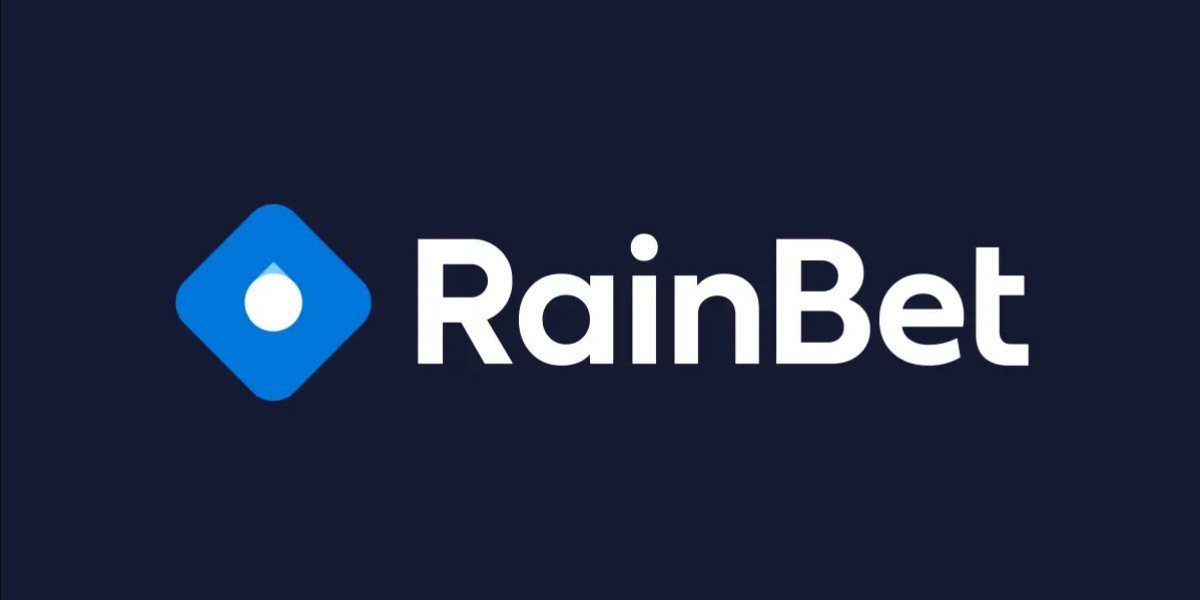Entering the private label market can be highly lucrative, but success depends on selecting the right Private Label Product. The process of researching and validating profitable ideas is crucial for ensuring that your investment yields high returns. This guide will walk you through proven strategies to identify winning private label product ideas, analyze their potential, and validate them before launching.
Understanding Private Label Products
A Private Label Product is a product manufactured by a third party but sold under your brand. Unlike white-label products, private label items are customized to reflect your branding, packaging, and unique specifications. These products give businesses a competitive advantage by allowing differentiation from competitors and fostering brand loyalty.
Steps to Research and Validate Profitable Private Label Products
1. Identify Trending Niches
Before choosing a Private Label Product, you must analyze trending niches. The best niches are those with growing demand but manageable competition. Here’s how to find them:
Use Google Trends to assess search interest over time.
Explore Amazon Best Sellers to discover high-performing products.
Check social media platforms like TikTok and Instagram for emerging trends.
Analyze industry reports and market research from sites like Statista and IBISWorld.
2. Conduct Keyword Research
Effective keyword research helps determine search demand for potential Private Label Products. High search volume and low competition are ideal. Use tools like:
Google Keyword Planner – Identify relevant search terms.
Ubersuggest – Find keyword trends and search volume.
Ahrefs or SEMrush – Analyze competitors and profitable keywords.
Ensure that your focus keyword, Private Label Product, appears naturally throughout your content.
3. Analyze Market Competition
Competition is a crucial factor when validating private label ideas. Excessively competitive markets may be hard to penetrate, while low-competition niches may indicate weak demand. Ways to evaluate competition include:
Amazon Product Reviews: High review counts indicate strong competition; look for gaps in customer satisfaction.
SEO Difficulty Scores: Use SEO tools to measure keyword difficulty and ranking feasibility.
Social Proof: Check engagement levels on social media ads for potential products.
4. Evaluate Profitability and Costs
A profitable Private Label Product should have a healthy profit margin. To determine potential profits:
Calculate cost per unit from manufacturers on Alibaba or ThomasNet.
Estimate shipping and fulfillment costs (e.g., FBA fees, storage fees).
Factor in advertising expenses and marketing budget.
Ensure at least a 30-50% profit margin after all costs.
5. Source Reliable Manufacturers
Finding the right supplier is essential for private label success. To source high-quality products:
Use Alibaba, ThomasNet, or Global Sources to compare suppliers.
Request samples before making bulk orders.
Verify factory certifications (ISO, GMP, FDA for relevant industries).
Negotiate bulk pricing to improve profit margins.
6. Test Product Demand Before Launch
Validating demand before full-scale production minimizes risks. Methods to test include:
Pre-selling through crowdfunding platforms like Kickstarter.
Running PPC (pay-per-click) ads to gauge click-through rates.
Launching a small batch on Amazon or Shopify before scaling.
Conducting surveys or focus groups to gather customer insights.
7. Optimize Branding and Packaging
A strong brand identity helps your Private Label Product stand out. Consider:
Professional logo and packaging design that reflects your niche.
Eco-friendly or premium packaging to appeal to target customers.
High-quality product images and videos for e-commerce listings.
Conclusion
Researching and validating a Private Label Product requires thorough analysis, from identifying trends to testing demand. By following these steps, you can confidently choose a product with high profit potential and market demand. Focus on niche selection, keyword research, competitive analysis, and supplier verification to ensure long-term success.
Ready to launch your private label business? Start researching today and transform your idea into a profitable brand!
For more insights on private labeling and e-commerce success, visit Sbellus.com!








